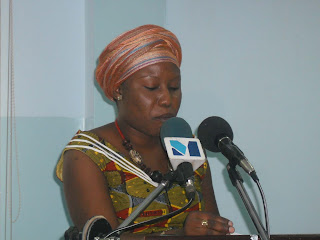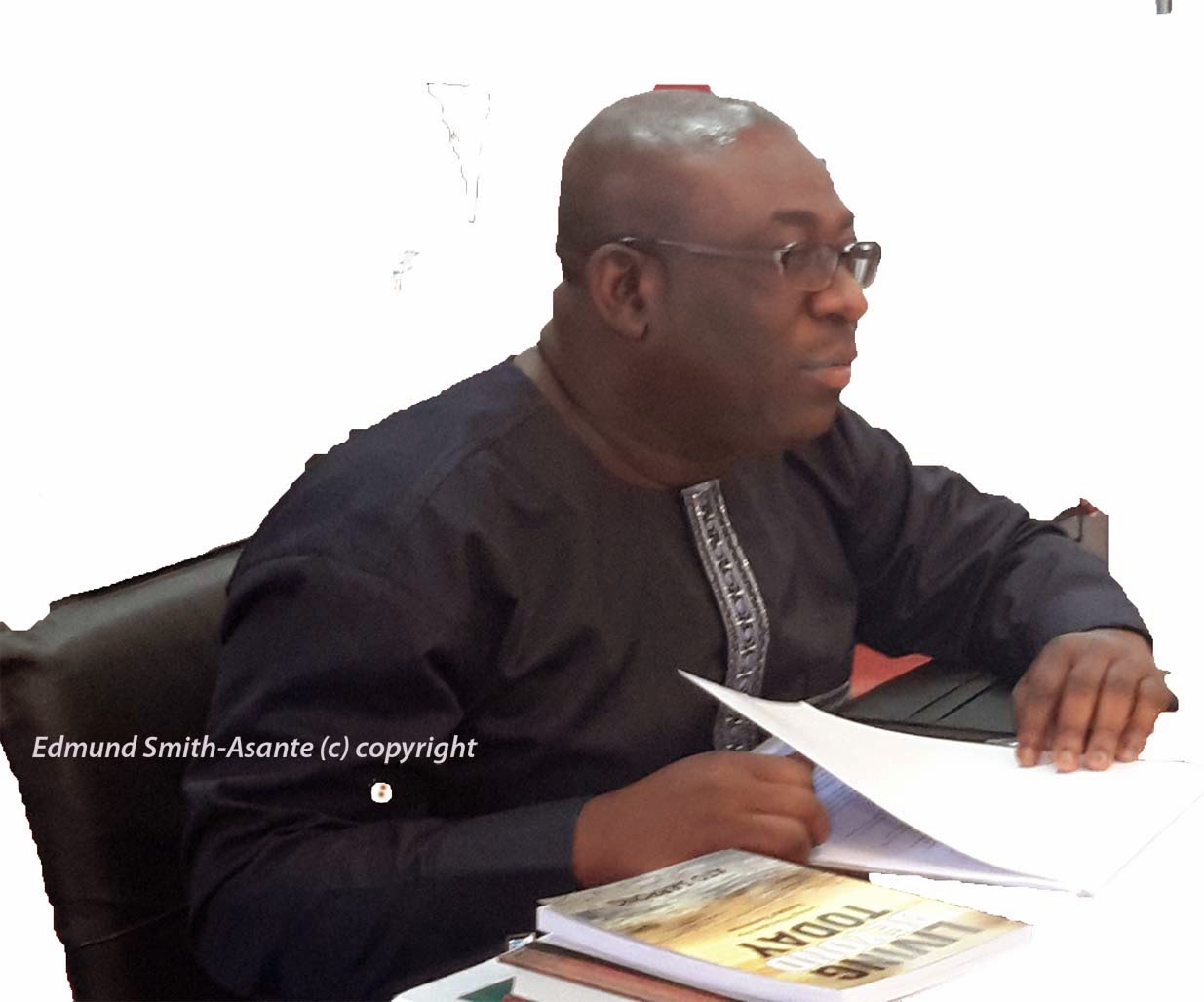NHIS, Talk Tax To Finance Water and Sanitation

NHIS, Talk Tax To Finance Water and Sanitation
EDMUND SMITH-ASANTE – ENVIRONMENTAL JOURNALIST
The Government of Ghana has been urged to use 25% of the talk tax levied on mobile phone subscribers and 5% of the National Health Insurance levy to finance water, sanitation and hygiene services in the country.
Making the call as part of recommendations to sustainably finance water and sanitation services in the country, the Foundation for Grassroots Initiatives in Africa (Grassroots Africa) and the Ghana Coalition of NGOs in the Water and Sanitation sector (CONIWAS), opined that such step is necessary because water, sanitation and hygiene services are pivotal to the development of all other sectors.
They also bemoaned that according to the Ghana Statistical Service report of 2008, sanitation coverage in Ghana is only about 11.3%, while the Community Water and Sanitation Agency (CWSA), state that the national average coverage rate for rural communities and small towns was only 57.1% in 2008 and 59% for urban population as at 2009.
Grassroots Africa in collaboration with CONIWAS organised a press conference in Accra Wednesday with the support of WaterAid Ghana, at which they made the submissions.
In a statement read at the conference, the two groups added that “Just like the rural water levy of 2% on all utility bills to support investment in the rural sub sector, government should consider an additional charge of 1% dedicated to the Ghana Water Company Limited (GWCL) solely for infrastructure development, instead of depending entirely on donors for this.”
They also continued that in the long term, the Water Fund as proposed in the National Water Policy and approved by cabinet, be implemented just like the Education Trust Fund, Road Fund and National Health Insurance Fund, to fund water and sanitation services as a public good.
“The fund should however be renamed WASH FUND to tackle water, sanitation and hygiene in an integrated manner,” the two groups suggested, adding that a special tax on high water users, portion of property rates and a VAT-related levy could be explored as potential revenue sources for the Water Fund.
The conference divulged that although GWCL needs about $100 million annually to be invested in infrastructure development alone, it is currently only getting $30 million from external sources, $2 million from government annual development budget and $3 million from internally generated funds, which brings the total to $35 million.
“Total inflows to the water sub sector in the past five years amount to just 35% of desired inflows to achieve GoG self-assessed MDG target of 85% for urban and 76% for rural sub sectors by 2015.”
They maintained that 91.65% of the past five years’ inflows was provided by donors, whilst government’s contribution amounted to only 8.38%, stating further that between 2004 and 2009, central Government of Ghana (GoG) budget allocations to the water sub sector amounted to 2.61% of the total discretionary budget.
Further expatiating on the 2009 budgetary allocation for investments, Grassroots Africa and CONIWAS said for GWCL it was GHC1,342,277.00, GHC30,231,134.00 for the Community Water and Sanitation Agency and GHC35,000,000.00 for the Sanitation Directorate of the Ministry of Local Government and Rural Development.
They added that as of September 2009 GWCL had only accessed GHC127, 116.00 representing 9.5%, the CWSA GHC8,029,978.54 representing 10% of their allocation, while the Sanitation Directorate had accessed GHC20,000,000 representing 57.1%.
The press conference, according to the organisers, was held to contribute to the ongoing public discourse on the 20% ad valorem tax on bottled and sachet water, highlight some challenges that threaten sustainable delivery of water and sanitation services in the country and propose concrete steps to address them.
It was chaired by Patrick Apoya, the outgoing secretary of CONIWAS and the statement presented by Mrs. Hawa Nibi Amenga-Etego, Director, Public Policy, Women and Development, Grassroots Africa and Vice Chair, CONIWAS.



Comments
Post a Comment